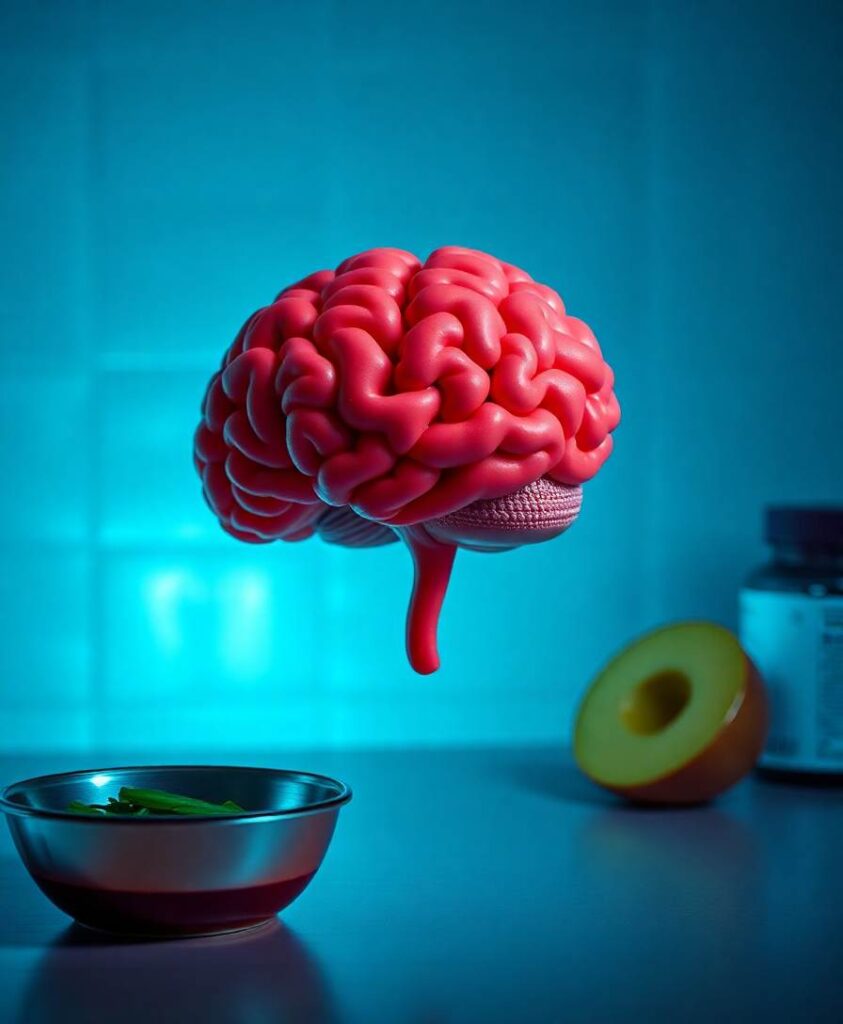BackgroundLife’s Simple 7 (LS7), a metric composed of seven intervenable cardiovascular risk factors, is initiated by the American Heart Association to improve cardiovascular health. The components of LS7 have been reported as risk factors for dementia. However, few studies investigated the association between LS7 metric and mild cognitive impairment (MCI).MethodsThe study was carried out in a primary care facility between 8 June and 10 July 2022. A total of 297 community-dwelling residents aged 65 years or older were recruited. Sociodemographic, comorbidity, and lifestyle characteristics were collected through the questionnaires, and biological parameters were obtained from blood sample examinations. Logistic regression was used to analyze the association between LS7 scores (overall, behavioral, and biological) and individual components with MCI, adjusting sex, age, education, and cardiovascular disease (CVD).ResultsIn comparison with the cognitively intact group (n = 195), the MCI group (n = 102) had a lower education level and a higher proportion of hypertension. Multivariate logistic regression analysis, adjusting sex, age, education, and CVD demonstrated a significant association between MCI and overall LS7 score [odd ratio = 0.805, 95% confidence interval (0.690, 0.939)] and biological score [odd ratio = 0.762, 95% confidence interval (0.602, 0.965)].ConclusionLife’s Simple 7 was associated with MCI in community-dwelling older adults, indicating that LS7 could be used as guidance in the prevention of dementia in the community.



